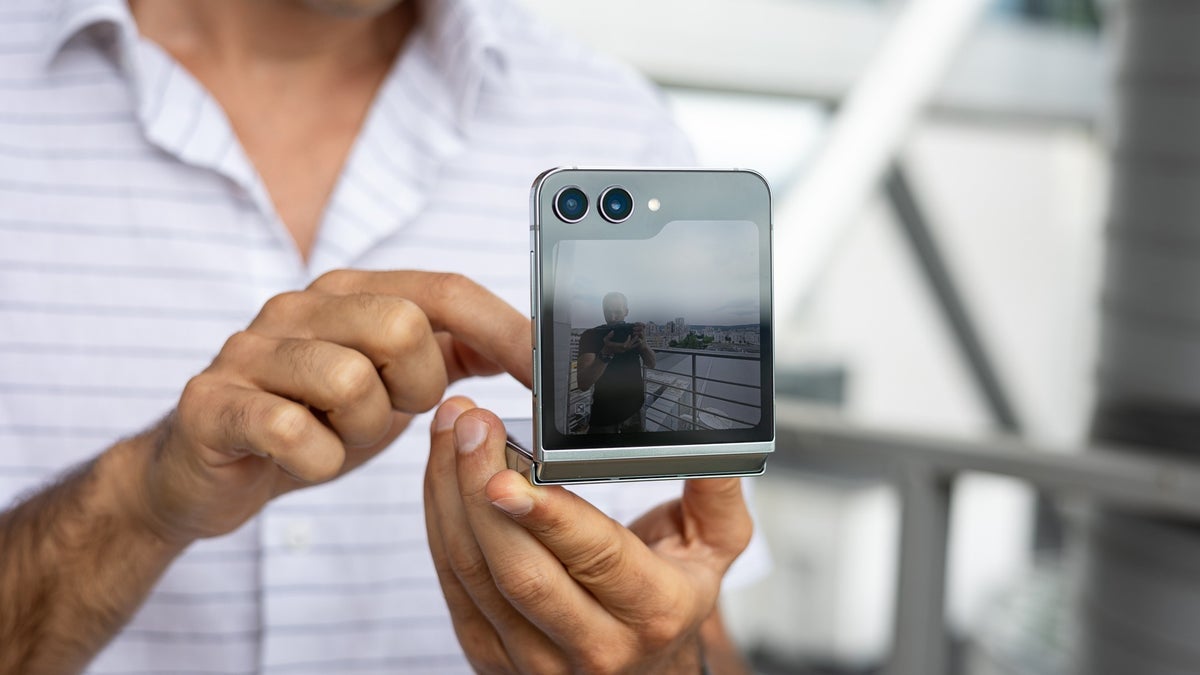When talking about foldables with non-tech-savvy people, you’ll soon realize that they’re referring to two phones only: the Galaxy Z Fold and the Galaxy Z Flip. That’s the power of marketing, but it’s also the advantage of the first mover – Samsung did, in fact, establish itself as the to go brand for foldable phones across key markets all around the world.
This was true also for China, where local manufacturers needed time to catch up. And, oh boy, did they catch up!
Chinese brands like Huawei, Honor, Vivo, Oppo, and Xiaomi are Samsung’s primary competitors. As a result, Samsung has seen a notable decline in its share of the foldable smartphone market, although it’s not solely due to superior alternatives being available.
Recent data from IDC reveals that Samsung’s share of China’s foldable smartphone market was 5.9% in Q1 2024, a significant drop from its previous quarterly market share of nearly 30%. This places Samsung at the bottom of the list, trailing behind other companies that produce foldable phones.
Leading the pack is Huawei with a market share of 44.1%, followed by Honor at 26.7%, Vivo at 12.6%, and Oppo at 9%. While Samsung initially had a technological edge with its foldable phones, Chinese manufacturers have caught up over time. Additionally, geopolitical factors affecting Samsung’s overall market share in China have also impacted its foldable phone share.
In China, there’s a growing trend of “patriotic consumption”, with consumers showing a preference for products from local Chinese companies. Even if Samsung’s foldables offer superior features, many customers opt for Chinese alternatives. This presents a challenge for Samsung, as convincing consumers otherwise may prove difficult. Consequently, Samsung could face further challenges in the Chinese market ahead.
